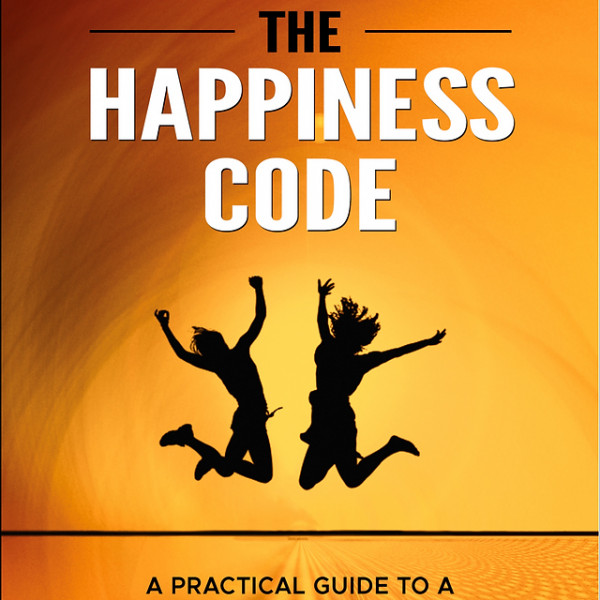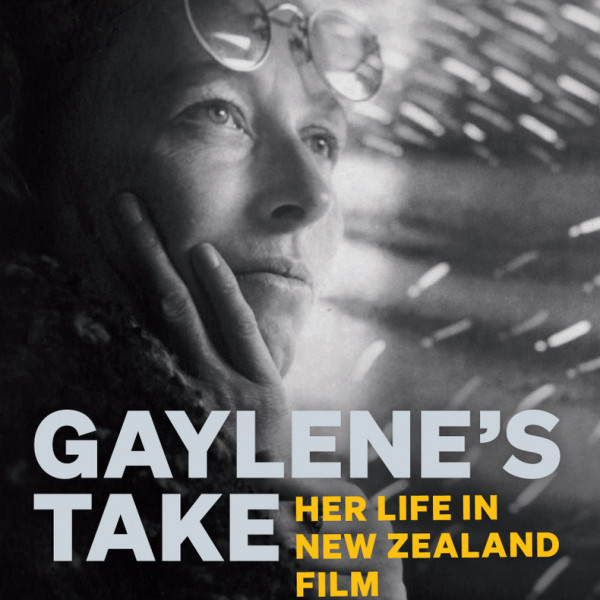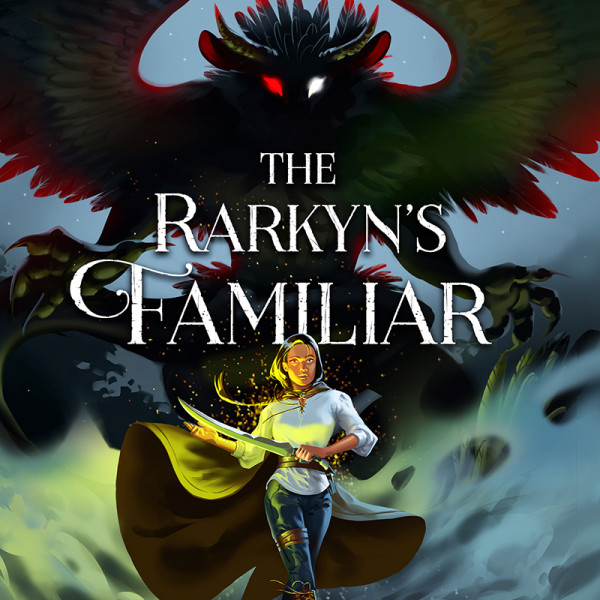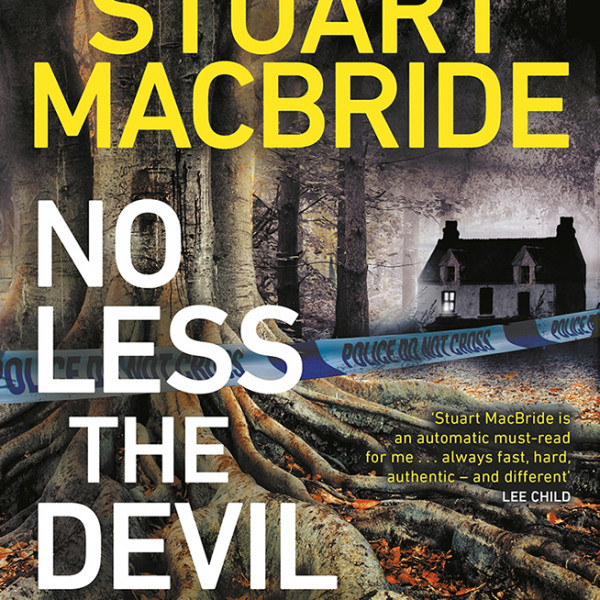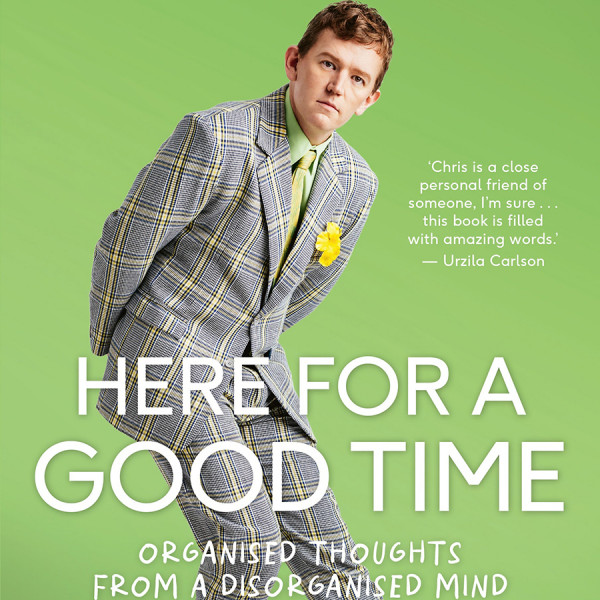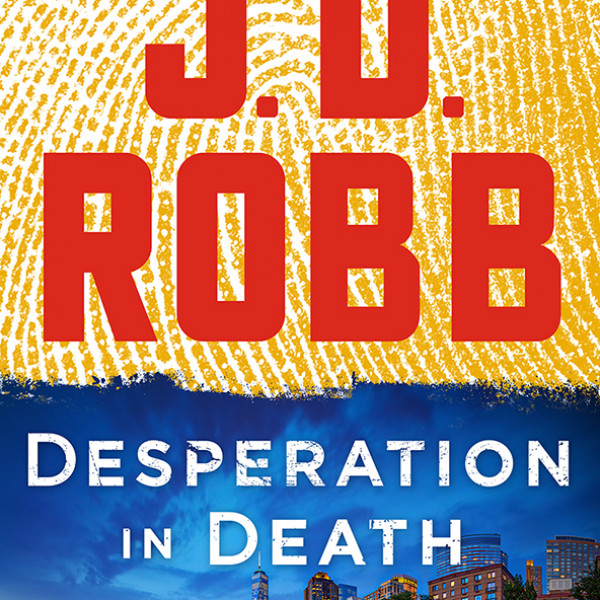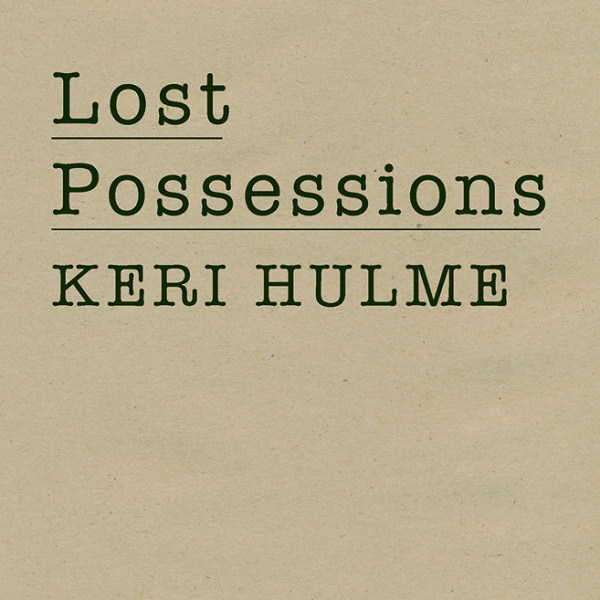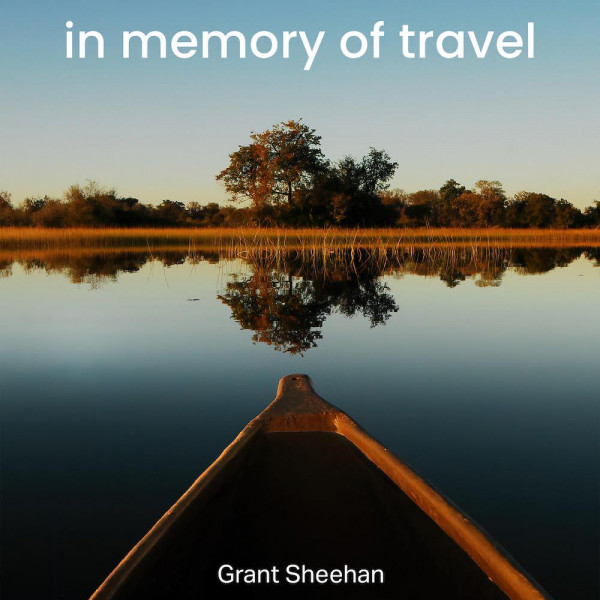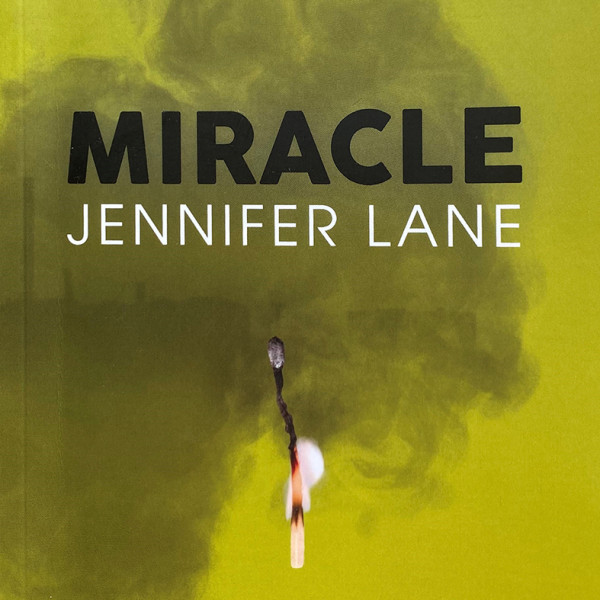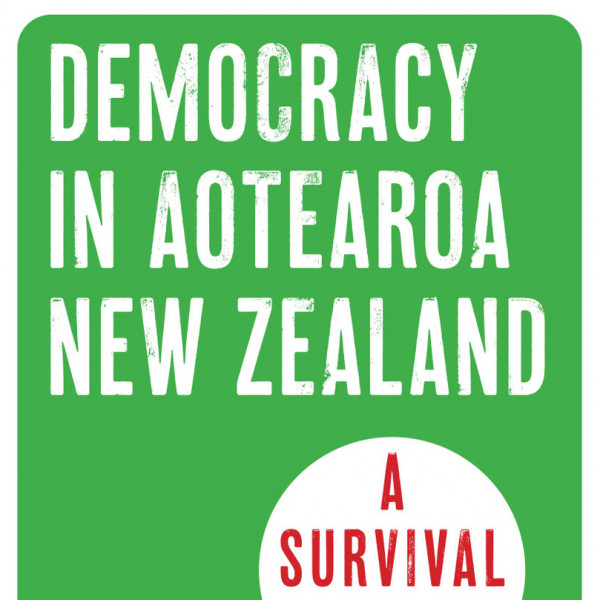
I must be one of few people who’ve not heard of Ant Middleton because when I selected this book to review, I thought I’d picked a book by Ant McPartlin from light entertainment duo Ant and Dec. How wrong I was.
Instead, I received a book with an intimidating cover photo of a muscled man with piercing blue eyes staring out at me looking like an old-school personal trainer who yells and swears to motivate you.
For those of you who are new to this author, Ant Middleton is a former British SAS soldier who presents a TV series called SAS Australia and has published a series of books about mental toughness.
His latest book covers a series of themes that stand in the way of us reaching our potential with advice on how to smash through these limiting thoughts or behaviours. There’s nothing new here – it’s simply packaged up differently to align to the hard man, ex-soldier brand that Ant Middleton has become known for and references later in the book.
If you can get past the references to Australian celebrities (who I hadn’t heard of), the swearing, and the initially male-dominated narrative then the advice is pretty good. And if you stick with it, the author softens a little in the second half of the book.
There are stories of contestants from the TV series and readers to help illustrate his advice, and they can be easier to relate to than the author. One story that stayed with me was the contestant who had to overcome her fear of being in a car submerged in water. Amazingly she completed the challenge of escaping the submerged car without panicking by making one commitment at a time and breaking the challenge down into small, clear, but simple steps. This chapter alone was worth the price of the book.
I wouldn’t normally read a book like this and I’m probably not the author’s target audience. But despite that, I’ve taken away some of the advice and started to put it into practice.


